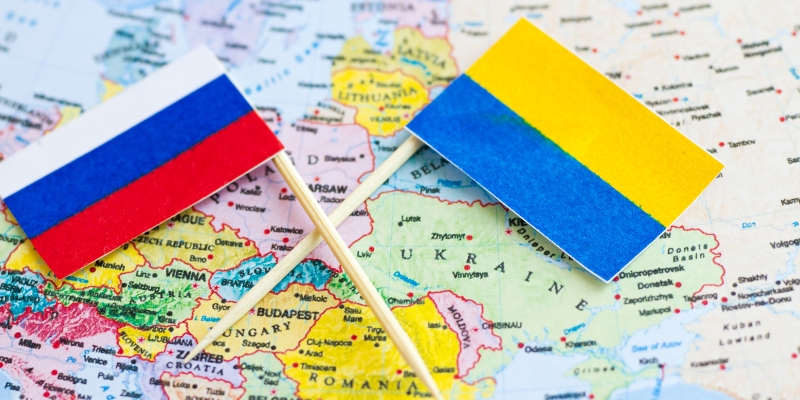The war between Russia and Ukraine, which began in 2022, has reignited debates about identity, sovereignty, and culture. At the heart of this conflict, language has played both a strategic and symbolic role. The tension between the use of Ukrainian and Russian goes beyond communication—it has become a political marker and a tool of resistance.
Historically, Ukrainian territory experienced periods of intense Russification, especially during the Russian Empire and the Soviet era. Russian was promoted as the official language, while Ukrainian was marginalized, often associated with rural life or backwardness. Even after Ukraine’s independence in 1991, Russian maintained a strong presence in regions such as Donetsk, Luhansk, and Crimea.
However, following the Russian invasion in 2022, many Russian-speaking Ukrainians began adopting Ukrainian as an act of national affirmation. The choice of language became a statement of belonging and resistance to Russian power. Educational and cultural campaigns have encouraged the replacement of Russian with Ukrainian in schools, businesses, and the media.
This phenomenon is not isolated. History shows that in struggles for sovereignty, language often becomes a symbolic battleground. In Lithuania, Georgia, and Estonia, for example, abandoning Russian was also part of the cultural decolonization process following the collapse of the Soviet Union.
In Ukraine, this linguistic transition is complex. Millions of citizens still primarily speak Russian, and there are ongoing debates about how to protect their rights without undermining efforts to strengthen Ukrainian as the official language. Striking a balance between inclusion and political resistance is a delicate challenge.
The situation highlights that languages are never neutral. They carry memories, ideologies, and power dynamics. In times of conflict, speaking a language can be perceived as a political act—whether intentional or not.
In Ukraine’s case, promoting the national language has become part of the strategy to reinforce identity and social cohesion. However, it also raises questions about bilingualism, minority rights, and the boundaries between language policy and individual freedom.
In short, the dispute between Ukrainian and Russian exemplifies how language is deeply intertwined with geopolitical issues. What is spoken, where, and how can shape not only a people’s identity but also their place in history.




